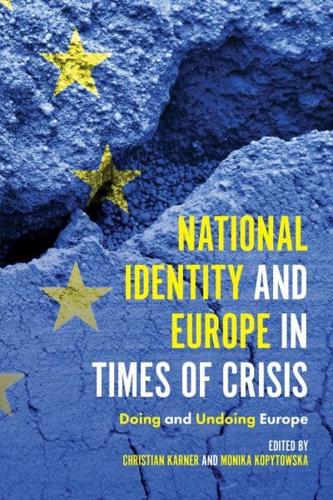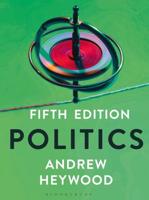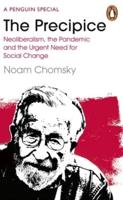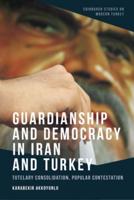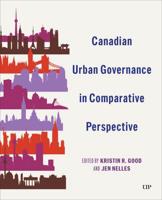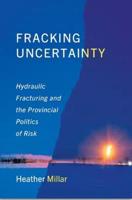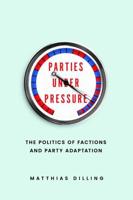Publisher's Synopsis
The European Union currently finds itself in the midst of its most profound crises since its creation. In the minds and writings of many commentators, politicians and European citizens, these multiple contemporary crises call the very future of the European project into doubt. Against the backdrop of economic and political crises across the continent, this edited collection examines the discursive workings and processes underpinning both the centrifugal and the centripetal political forces currently reshaping Europe and individual nation-states.
This volume strikes an original balance between inter-disciplinary work and a shared analytical engagement with the different methodologies and conceptual approaches provided by political linguistics. This is an edited collection that explores the linguistic manifestations of the competing political forces currently being negotiated within European nation-states and between them.
The chapters explore the different triggers, dimensions and reactions to recent and current crises across a range of European settings. Crises are thereby shown to give rise to com-plex political fields, in which different assessments and ideological blueprints compete for voters' attention and support. Nationalism, as the currently most prominent political force, is shown to require analyses capable of shedding light on its wider contexts and its political competitors.
